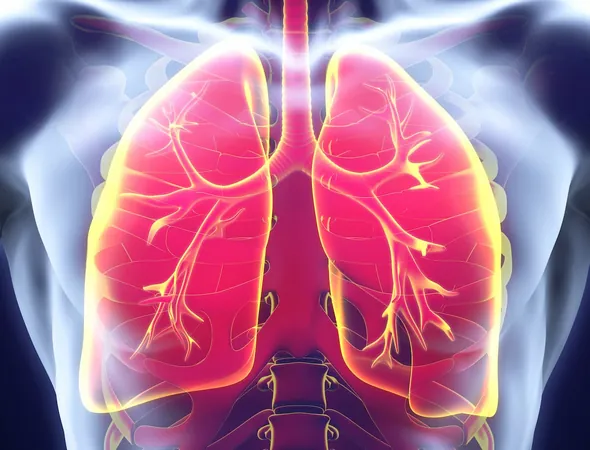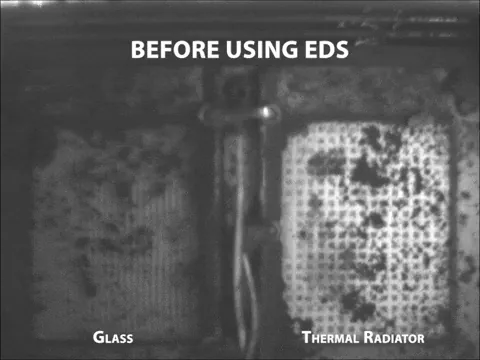
Tobacco Control Initiatives Save Millions from Lung Cancer Deaths – The Battle is Not Over
2025-03-27
Author: Mei
Impact of Tobacco Control Measures
New research highlights the profound impact of tobacco control measures, revealing that millions of potential lung cancer deaths have been averted due to decreased smoking rates. According to a groundbreaking study published in CA: A Cancer Journal for Clinicians, nearly 4 million lung cancer deaths may have been prevented between 1970 and 2022, resulting in an astonishing gain of approximately 76 million person-years of life (PYL).
Estimates of Averted Deaths
The study estimates that a total of 3,856,240 lung cancer deaths were averted over the examined period, with men accounting for around 2.25 million of those averted deaths, and women approximately 1.6 million. The average PYL gained stood at an impressive 22.4 years for women and 17.9 years for men.
Demographic Insights
Delving into demographic specifics, the research indicated that a significant number of deaths averted was higher among the White population (over 3.1 million) compared to Black individuals (over 527,000). This discrepancy underscores persistent health disparities that need further attention.
Ongoing Challenges
While these findings celebrate the achievements of tobacco control policies – which have contributed to an overall 51.4% decrease in cancer mortality rates – lung cancer remains the leading cause of cancer death in the United States. As highlighted by the lead study author, Dr. Farhad Islami, there is still considerable work to be done. 'Despite the progress, smoking-related health issues and mortality from other cancers continue to be high,' he noted.
Need for Continued Efforts
The data for the study was sourced from the Centers for Disease Control and Prevention's National Center for Health Statistics, encompassing individuals aged 20 and above. The research emphasizes the critical need for sustained tobacco control efforts and strategies to ensure that at-risk populations, particularly those from lower socioeconomic backgrounds, receive adequate support to quit smoking.
Call for Investment in Tobacco Prevention
The pressing call is for enhanced investment in tobacco prevention programs. 'Increased funding for effective evidence-based tobacco prevention and cessation programs is essential now more than ever,' stated Lisa A. Lacasse, president of the American Cancer Society’s advocacy affiliate. She urged for policies that facilitate access to cessation services, raise tobacco taxes, and implement comprehensive smoke-free regulations. These measures are proven to reduce tobacco use among youth and adults alike.
Conclusion
As we celebrate the lives saved through tobacco control, the study's findings serve as a stark reminder of the avoidable deaths that continue to plague our communities. The path to further reduce lung cancer mortality lies in unwavering commitment to comprehensive tobacco control initiatives. Let's not forget—each effort can mean millions of lives saved. As the battle against tobacco continues, we must advocate for progress and protection against this preventable epidemic.




 Brasil (PT)
Brasil (PT)
 Canada (EN)
Canada (EN)
 Chile (ES)
Chile (ES)
 Česko (CS)
Česko (CS)
 대한민국 (KO)
대한민국 (KO)
 España (ES)
España (ES)
 France (FR)
France (FR)
 Hong Kong (EN)
Hong Kong (EN)
 Italia (IT)
Italia (IT)
 日本 (JA)
日本 (JA)
 Magyarország (HU)
Magyarország (HU)
 Norge (NO)
Norge (NO)
 Polska (PL)
Polska (PL)
 Schweiz (DE)
Schweiz (DE)
 Singapore (EN)
Singapore (EN)
 Sverige (SV)
Sverige (SV)
 Suomi (FI)
Suomi (FI)
 Türkiye (TR)
Türkiye (TR)
 الإمارات العربية المتحدة (AR)
الإمارات العربية المتحدة (AR)